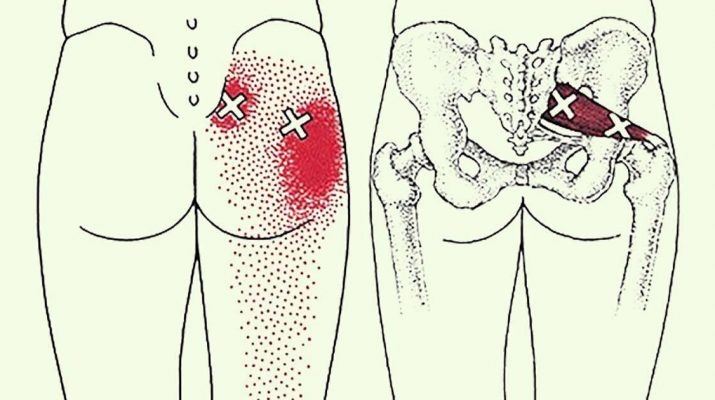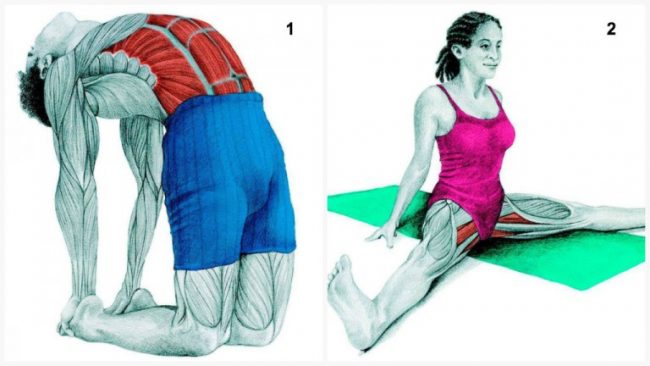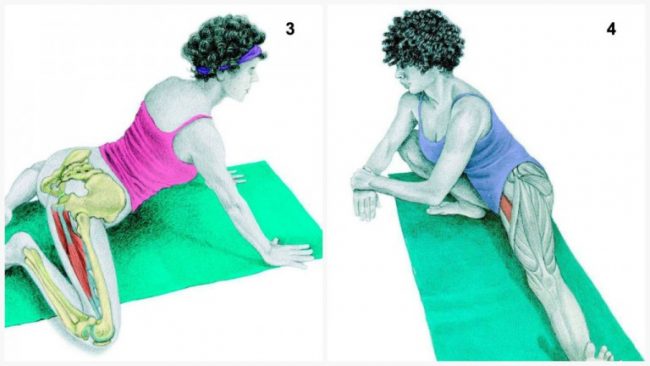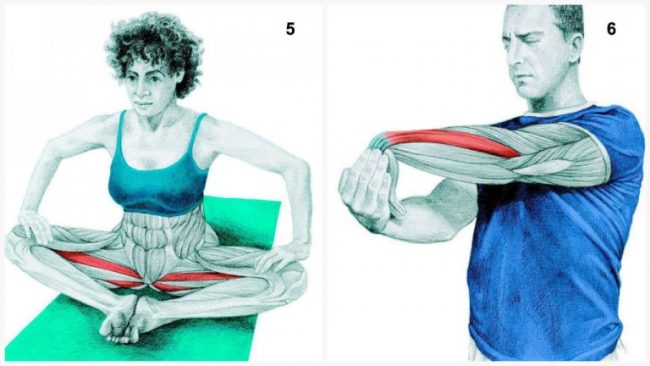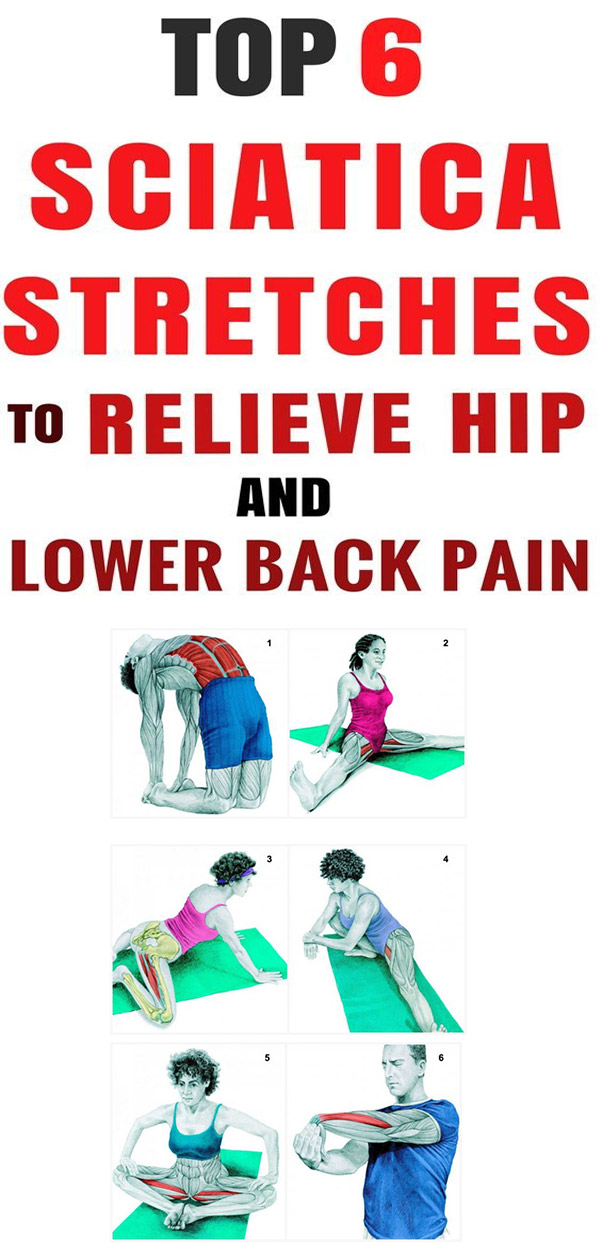Lower back pain is a common issue, affecting about 60-80% of Americans. Its intensity can range from a slight stiffness or soreness to a painful sting or a “shocking” feeling, as it can be caused by various factors.
The low back supports the weight of the upper body and provides mobility for everyday motions like bending and twisting. Muscles in this area are responsible for flexing and rotating the hips while walking, and supporting the spinal column, while the nerves in the low back power the muscles in the pelvis, legs, and feet.
In most cases, acute low back pain is caused by injuries to the muscles, ligaments, joints, or discs. The pain might start suddenly, or slowly, and gradually aggravate over time.
Depending on the underlying cause of the pain, the symptoms can differ:
- Dull or achy pain
- Muscle spasms and tightness in the low back, pelvis, and hips
- Pain that aggravated after prolonged sitting or standing
- Stinging, burning pain that stretches from the low back to the backs of the thighs, and even down to the feet, as well as numbness or tingling (sciatica)
- Difficulty standing up straight, walking, or sitting
However, one of the best ways to alleviate back pain and the accompanying symptoms is to increase the strength and flexibility of the muscles that support the back, the ones located in the abdominal, hip, pelvis, and lower back area, with the help of stretching exercises.
These exercises will provide a greater range of motion, stabilize the core, and improve body posture, preventing injuries.
The following six exercises will help you alleviate lower back pain:
1. Camel Pose
Kneel down, with the hands behind you on the bottom of the feet. Push the hips up and forward, to stretch the abdominal muscles, and boost core stability.
2. Wide Forward Fold
Sit on the floor, with the knees bent and the spine upright. Straighten the legs and round the back while reaching for your feet with both hands. This will open up the hips, boost mobility and prevent straining or spraining the back.
3. Frog Pose
Start on all fours, widen the knees to feel a tension in your groin muscles, and push against the floor with the hips to open them up more.
4. Wide Side Lunge Pose
Start with the feet facing forward in a wide stance, and the legs straight. Use the hands to “walk” to your right foot and bend the right knee while rotating the left foot to make the toes pointing towards the ceiling. The right foot should remain on the floor. Repeat on the opposite side.
5. Butterfly Stretch
While sitting on the floor, the soles of the feet touching each other and the back straight, press down on the knees with the hands to induce the stretch.
6. Forearm Extensor Stretch
Extend one arm out with the elbow straight. Use the other hand to grasp it at the side of the thumb, bend the wrist downward, and hold for 20-30 seconds.
For best effects, perform these exercises consecutively, spending about a minute on each stretch. If done regularly, your lower back pain will soon be drastically reduced!

